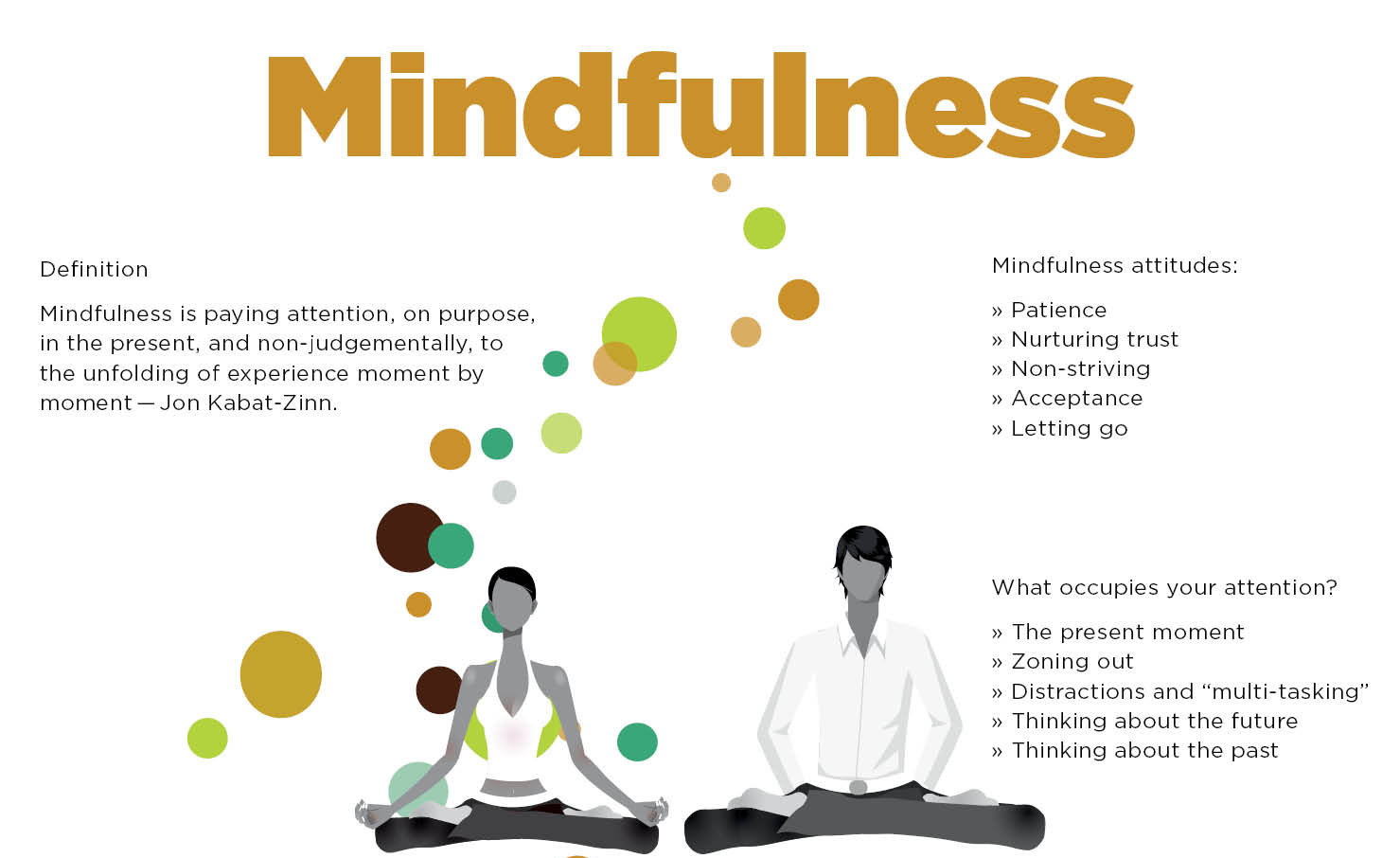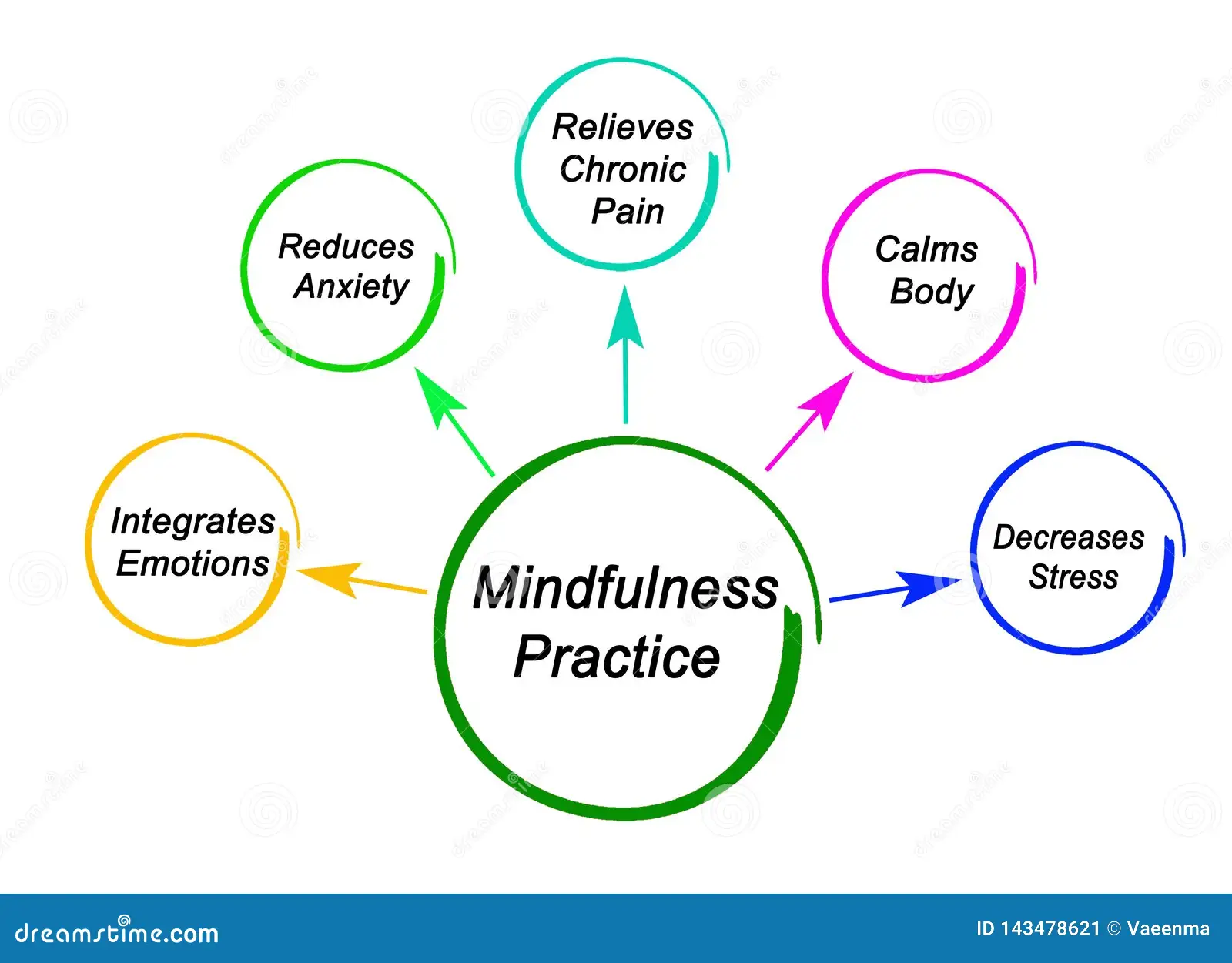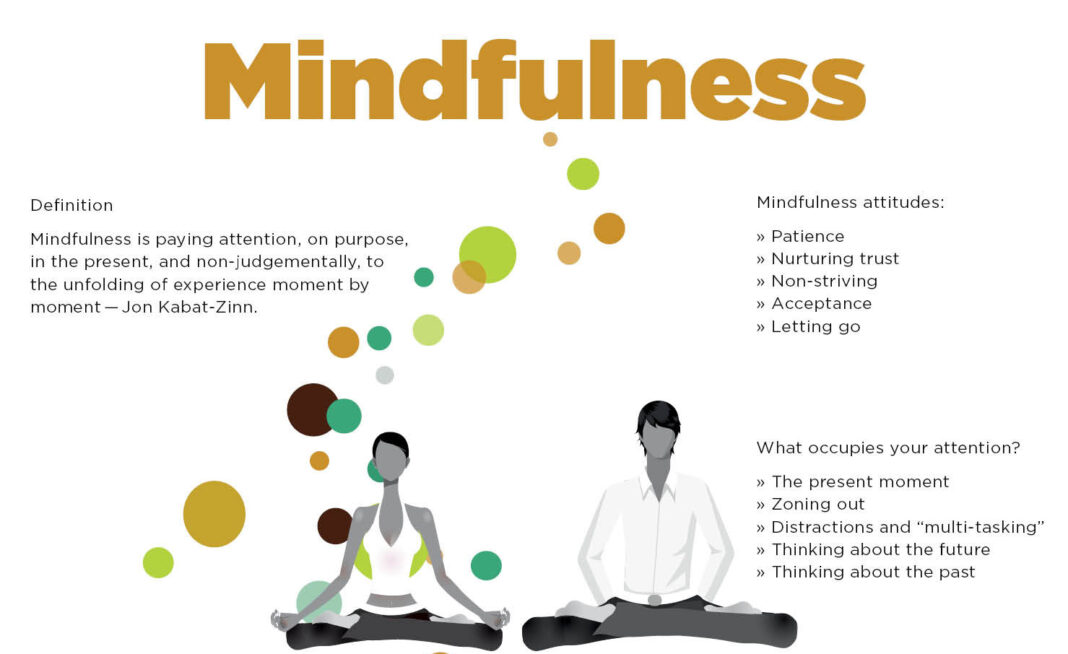
In recent years, mindfulness has emerged as a transformative approach in mental health treatment, revolutionizing traditional methods and offering new hope for those struggling with mental health challenges. This article explores how mindfulness practices are reshaping mental health treatment approaches, their benefits, and why they are becoming an integral part of modern therapeutic techniques.
Understanding Mindfulness and Its Origins
Mindfulness, a concept rooted in ancient Eastern traditions, particularly Buddhism, refers to the practice of maintaining a moment-by-moment awareness of our thoughts, feelings, and surroundings. This practice emphasizes non-judgmental observation and acceptance, allowing individuals to experience their thoughts and emotions without becoming overwhelmed or reactive.
Incorporated into Western psychology, mindfulness has gained prominence as a therapeutic tool. Researchers and clinicians have adapted these ancient techniques into evidence-based practices that address a wide range of mental health issues, including anxiety, depression, and stress.
The Rise of Mindfulness-Based Therapies
- Mindfulness-Based Stress Reduction (MBSR): Developed by Dr. Jon Kabat-Zinn in the late 1970s, MBSR is a structured program that combines mindfulness meditation and yoga. It aims to reduce stress and improve overall well-being by helping individuals become more aware of their stress responses and manage them effectively.
- Mindfulness-Based Cognitive Therapy (MBCT): This approach, developed by Dr. Zindel Segal, Dr. Mark Williams, and Dr. John Teasdale, integrates mindfulness practices with cognitive behavioral techniques. MBCT helps prevent relapse in individuals with recurrent depression by teaching them to recognize and disengage from negative thought patterns.
- Dialectical Behavior Therapy (DBT): Created by Dr. Marsha Linehan, DBT incorporates mindfulness as a core component. It is particularly effective for individuals with borderline personality disorder (BPD), focusing on improving emotional regulation, interpersonal effectiveness, and distress tolerance.
Benefits of Mindfulness Practices in Mental Health Treatment
- Reduced Stress and Anxiety: Mindfulness practices help individuals manage stress and anxiety by promoting relaxation and enhancing emotional regulation. By focusing on the present moment, individuals can break the cycle of worry and rumination that often exacerbates anxiety.
- Improved Emotional Regulation: Mindfulness encourages a balanced approach to emotions, allowing individuals to experience their feelings without being overwhelmed by them. This can lead to better emotional stability and resilience.
- Enhanced Self-Awareness: Through mindfulness, individuals gain greater insight into their thought patterns, behaviors, and triggers. This increased self-awareness can facilitate personal growth and more effective coping strategies.
- Better Focus and Cognitive Functioning: Mindfulness practices have been shown to improve attention and concentration. By training the mind to remain present, individuals can enhance their cognitive functioning and problem-solving skills.
- Reduction in Symptoms of Depression: Research indicates that mindfulness-based interventions can significantly reduce symptoms of depression, particularly when combined with other therapeutic approaches. Mindfulness helps individuals break free from negative thought cycles and develop a more balanced perspective.
Integrating Mindfulness into Traditional Therapies
Mindfulness is not intended to replace traditional therapeutic approaches but rather to complement and enhance them. Integrating mindfulness techniques into established therapies can provide a holistic treatment approach that addresses both the cognitive and emotional aspects of mental health.
- Combining Mindfulness with Cognitive Behavioral Therapy (CBT): The integration of mindfulness with CBT can enhance the effectiveness of both approaches. Mindfulness helps individuals become more aware of their thought patterns, which can improve the cognitive restructuring process in CBT.
- Mindfulness in Psychodynamic Therapy: Incorporating mindfulness into psychodynamic therapy can help individuals gain insight into their unconscious patterns and conflicts, facilitating deeper emotional healing.
- Mindfulness in Group Therapy: Group therapy settings can benefit from mindfulness practices by creating a supportive environment where participants learn to manage their emotions and stress collectively.
Challenges and Considerations
While mindfulness offers numerous benefits, it is essential to recognize its limitations and challenges. Not everyone may find mindfulness practices suitable, and individuals with severe mental health conditions should consult with a mental health professional before incorporating mindfulness into their treatment.
Additionally, mindfulness practices require consistent effort and practice to be effective. It is important for individuals to approach mindfulness with patience and persistence, as the benefits may take time to manifest.
The Future of Mindfulness in Mental Health
As research continues to explore the efficacy of mindfulness practices, it is likely that their integration into mental health treatment will expand. Innovations in mindfulness-based therapies and ongoing clinical studies will further elucidate the ways in which mindfulness can support mental health and well-being.
In conclusion, mindfulness practices are transforming mental health treatment approaches by offering new tools for managing stress, enhancing emotional regulation, and improving overall well-being. As we continue to explore and refine these practices, mindfulness is poised to become an even more integral part of mental health care, providing valuable support for individuals seeking a balanced and mindful approach to their mental health.


